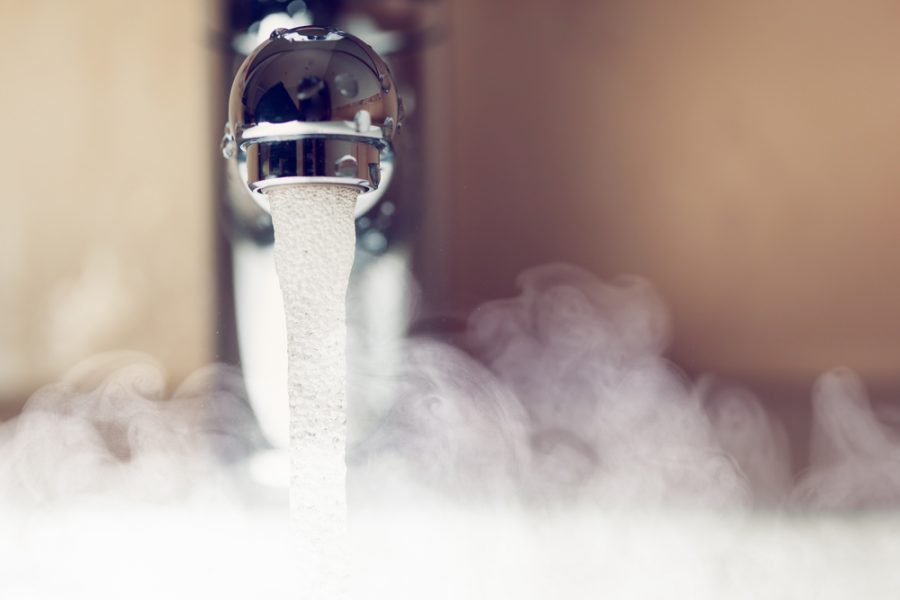Introduction
Hot water is needed for many purposes including, cooking, showering, cleaning, and dishwashing. The importance of heaters tends to be ignored, and the only time the heaters are remembered is when they break down. Regular maintenance of the heaters is required to ensure their efficiency.
Signs of Faulty Heaters
Faulty heaters can be detected at home based on their behavior. Evident signs will build up and clearly show you that the heaters are not functioning properly. At times the signs may be hard to notice, therefore requiring keen observance of the heaters.
The first sign is abnormal fluctuation in the water temperature. The water from the heater may either be too cold or too hot. This sign is an indication that there is a problem with the heating elements or the thermostat. In cases where the heaters do not supply hot water at all, it is possible that the heating elements are completely broken.
Secondly, rusty water is an indication of a faulty water heating system. Rusty water is an indication that one of the parts of the water heater is rusting away. It may either be the interior of the pipes or the heaters themselves. If not fixed on time, this problem may result in leaks.
Thirdly, some heaters may produce whistling, rumbling, or banging noises. This is an indication of a buildup of residue in the tank’s bottom. The residue reduces the heater’s efficiency because it blocks the flow of water. It is also a sign that the heater’s life is almost coming to an end.
Lastly, leaks around the heaters are one of the signs of faulty heaters. Accumulation of water around the heaters shows the possibility of a crack on the heater. When a metal is heated, it expands leading to fractures on the tank. If any part of the system is leaking, it is important to get it fixed before the problem gets out of hand.
Regular Heater Checks
The life expectancy of traditional heaters may vary from ten to fifteen years. Solar or tankless heaters may last for up to twenty years or more. The key to extending the life expectancy of heaters is regular maintenance of the system.
After every six months, the pressure valves of the heaters should be checked to ensure they are working properly. The heaters’ anode rods are also supposed to be checked every year, and a replacement may be necessary in some instances. Professional maintenance is also important between three and five years.
Lastly, after doing all the maintenance, replacing parts, but the problem is persisting; you might need to buy a new heater. The evolution of heaters from the traditional tank filled heaters has brought about a variety of heaters to choose from including, tankless heaters, storage or tank, indirect heaters, tankless coil, solar heaters, and heat pump. These heaters can be fuelled by natural gas, electricity, solar energy, geothermal power, fuel oil, and propane.
Conclusion
Heaters play a key role in ensuring the comfort of people in their houses. As such, it is important to take all the necessary steps to ensure that heaters are well maintained. This entails regular maintenance and checkup to ensure faulty heaters do not cause any inconveniences to the family.




